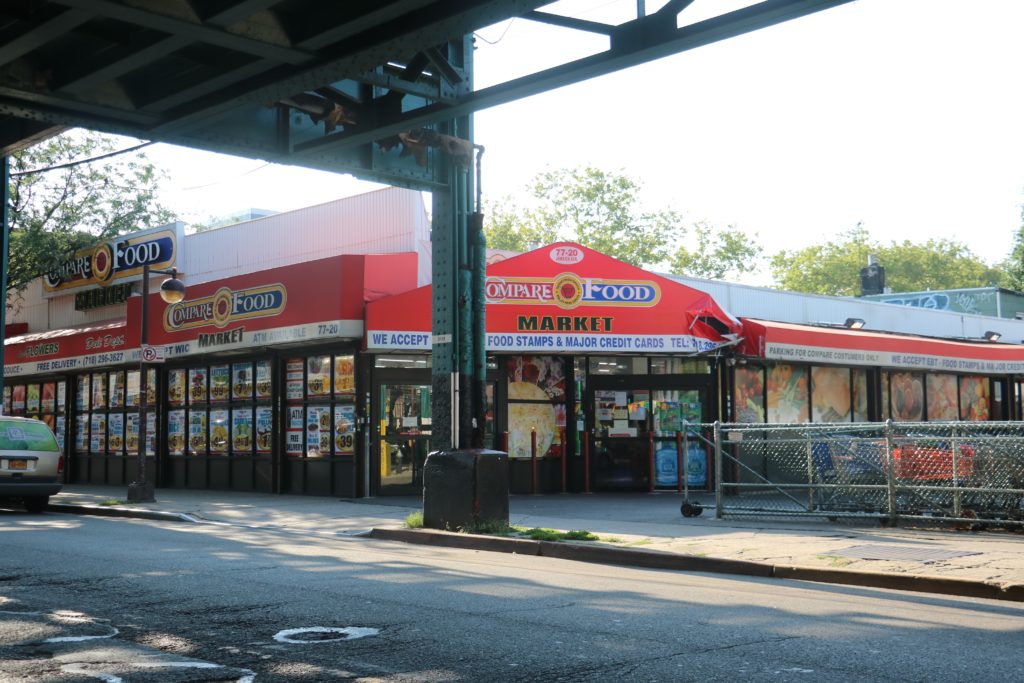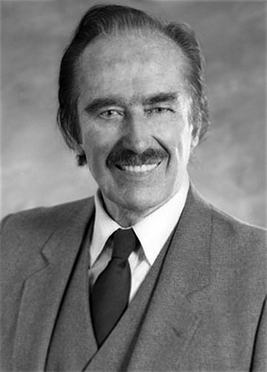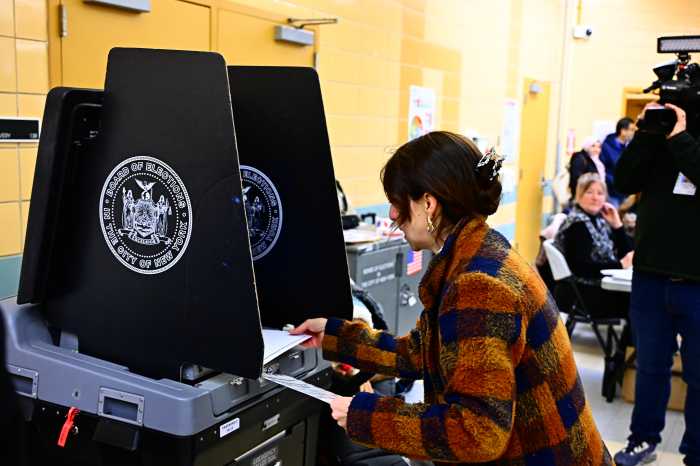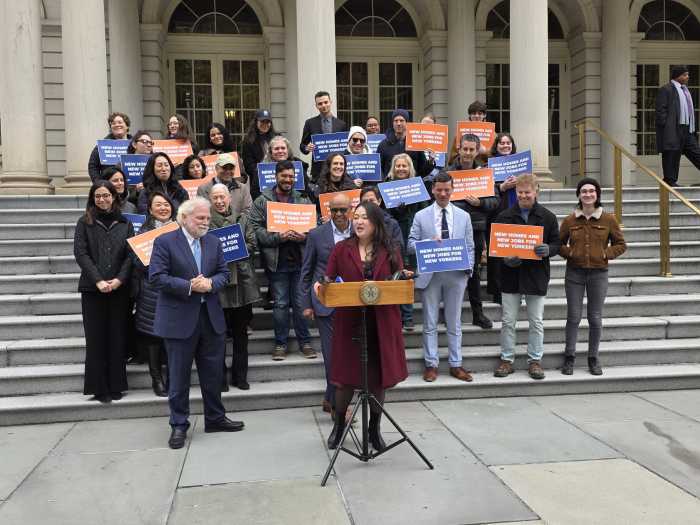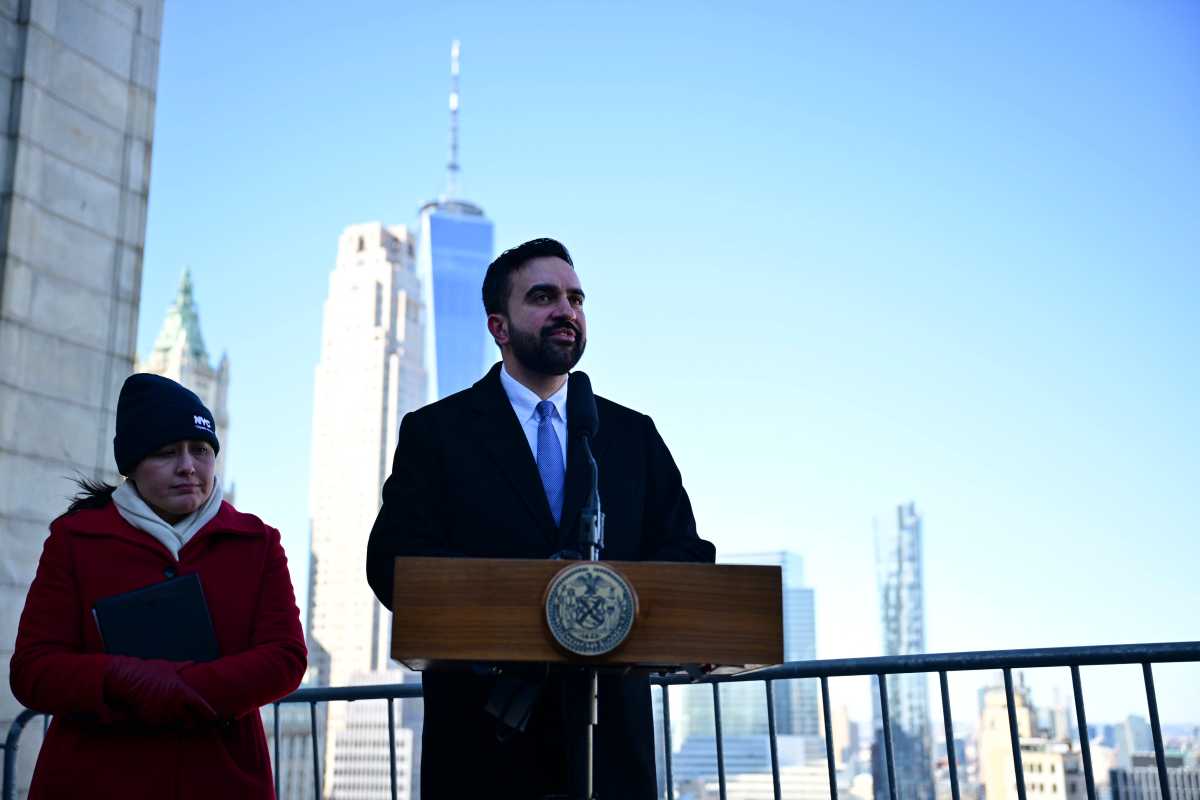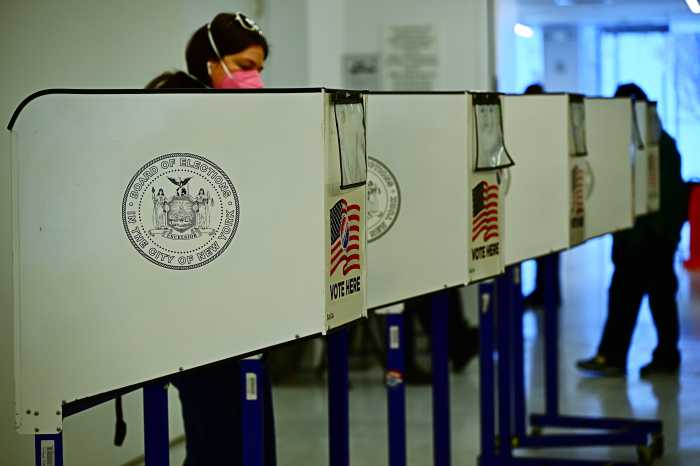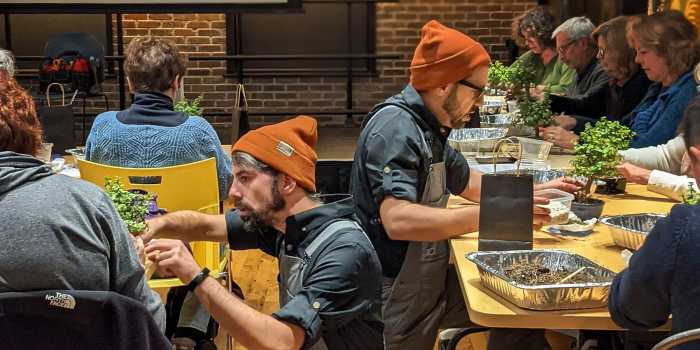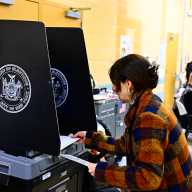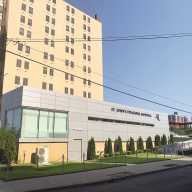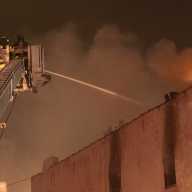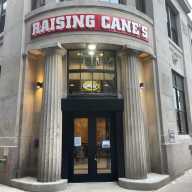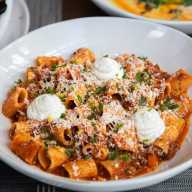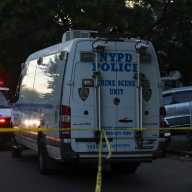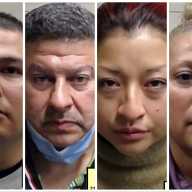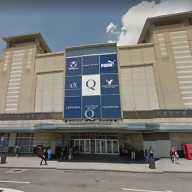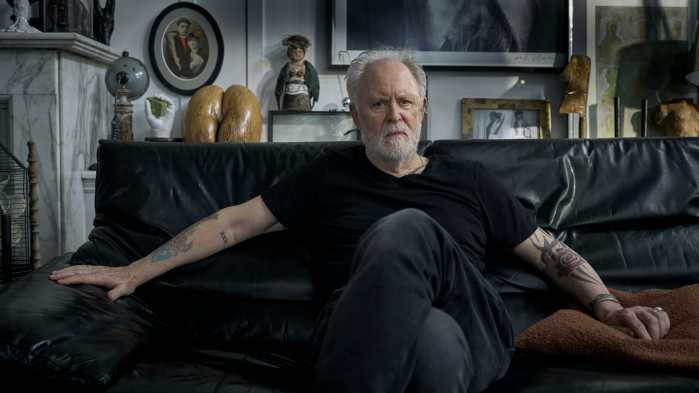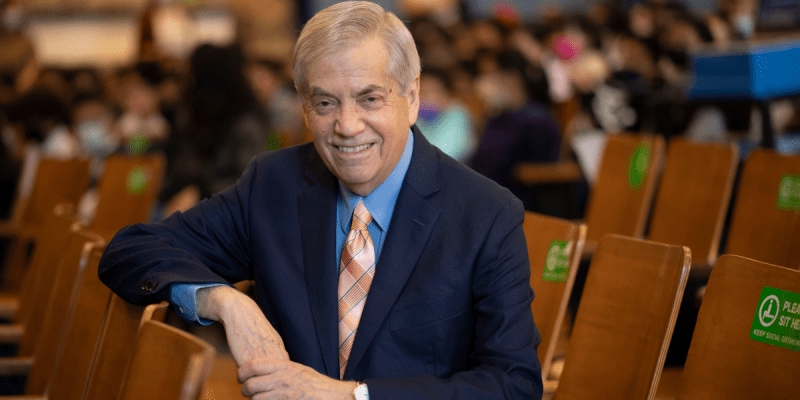The young boy needed 11 cents, an amount that might seem like nothing today, but if you were broke in 1920 with no job, it might as well have been a million dollars.
One of his classmates at P.S. 97 told young Fred Trump — father of President-elect Donald Trump — that if he wanted to make some money, he should try selling copies of the local newspaper. In those days, young kids would sell the newspaper for 2 cents on the streets of Woodhaven when it came out each Thursday afternoon, raking in a commission of one half-cent for every copy sold.
The newspaper’s publisher tried to temper the young boy’s expectations. They already had a lot of kids peddling the paper, he told his newest employee; it was a very competitive business.
But young Fred was extremely determined and sold 22 papers that first day, earning the 11 cents he needed. The sense of pride he felt walking back to his home on Jamaica Avenue stayed with him for the rest of his life.
Young Fred Trump was driven to succeed, and working one day a week selling newspapers for half-a-cent commission was not enough. He began working as a caddy at the Forest Park Golf Course, carting golf clubs up and down the stairways and hills of that gigantic course, working for tips.
He also worked as a delivery boy at a local grocery store, eventually being put in charge of all of the delivery boys for $2.25 a day. His experience in the grocery store would serve him well later on in his career.
After he graduated from Richmond Hill High School, Fred Trump took a job as a carpenter’s assistant, learning the craft of building. Woodhaven and the surrounding communities were still growing in the late 1920s and there were houses going up everywhere and Trump, now a young man, helped build many of them.
Then the Great Depression came along. Building projects were shut down completely and many people lost their jobs. But Trump had a dream, one that combined the all of the knowledge he had gained in the grocery business with everything he had learned as a builder.
In those days, shoppers would go into grocery stores and ask for the items they wanted and wait for the grocer to retrieve them. Trump was inspired by the markets of Manhattan and had a vision of building a similar shop in Woodhaven, one where customers could select what they wanted off the shelves for themselves. “Serve Yourself and Save” was his slogan.
With supplies and manpower cheap and readily available, Trump designed and built the first supermarket of its kind in this part of Queens, sitting at the corner of 78th Street and Jamaica Avenue.
He was so proud of his new business that he named it after himself. The Trump Super Market opened its doors to the public in June 1933 and was an immediate sensation.
It’s hard to imagine it now, but the store was such a new idea that residents of Woodhaven and surrounding communities flocked to the store where they could choose their own vegetables, buy meat from butchers – they could even get their shoes repaired and their suits cleaned.
They could buy everything they needed all in one store and everything was at much lower costs than they were used to.
From the start, business thrived so much that Fred Trump had to send out for reinforcements – both in staff and supplies. But as successful as the venture was, the builder had his eyes on larger projects and sold the property after only four months, at great profit, to the King Kullen chain of supermarkets.
Going forward, Trump’s business as a builder thrived, and over the next 20 years he built nearly 7,000 properties, some in his new neighborhood of Jamaica Estates, others off the Belt Parkway in Brooklyn, more in Staten Island. By the 1950s, he had expanded to other states, such as New Jersey and Virginia.
Although Trump had moved on to bigger and better things, he still kept ties with the neighborhood he had grown up in, leading the local Boy Scout Fund Drive in Woodhaven at Christmas for many years.
He was also well known for his generosity, famously donating government bonds to newborn babies in any of his housing projects. “Each bond that I present means two things to the government: a bond sold and a new citizen,” he said.
His philanthropy extended to the hospital where his children were born, Jamaica Hospital, where he and his wife Mary were often honored for their humanitarian support. In fact, the Trump Pavilion for Nursing and Rehabilitation at Jamaica Hospital was named after Mary Trump, and is regarded as one of the best nursing and rehabilitation centers in Queens.
Editor’s note: This article provided by the Woodhaven Cultural and Historical Society is meant to focus solely on Fred Trump as he relates to Woodhaven and its history. While a number of controversies occurred later in Fred Trump’s life, they are not included in this article, as they did not take place in this area.


